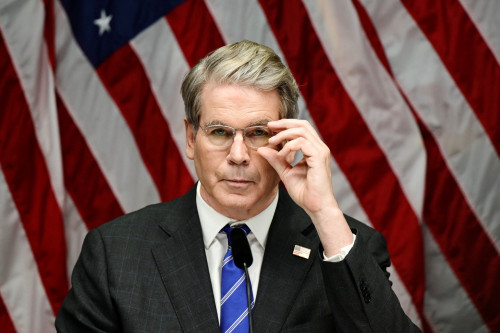By Camillus Eboh and Elisha Bala-Gbogbo
ABUJA (Reuters) -Nigeria’s Senate on Thursday speedily approved a request by President Bola Tinubu to borrow $800 million from the World Bank to help cushion the impact of high fuel prices after ending a popular but costly petrol subsidy.
Tinubu had requested the Senate’s consent earlier on Thursday for the loan, which had previously been approved by the government of former President Muhammadu Buhari, to help scale up the National Social Safety Net Programme, according to a letter to lawmakers.
“The purpose of the facility is to expand coverage of shock responsive safety net support among the poor and vulnerable Nigerians,” Tinubu said, adding that 12 million poor households will be paid 8,000 naira ($10.32) per month for six months, “with a multiplier effect on about 60 million individuals.”
Dele Alake, a spokesman for the president, said the government will distribute free grains and fertilizers to poor households and subsistence farmers, while large-scale farmers will get them for a discount as part of immediate measures to curb the impact of scrapping the subsidy.
Authorities in Nigeria, Africa’s largest economy, also plan to raise the minimum wage, with details expected to be finalised next month when talks with the main labour unions are set to be concluded.
Tinubu, who is embarking on Nigeria’s biggest reforms in decades to tackle issues such as a high debt burden, scrapped the fuel subsidy when he took office at the end of May.
The subsidy had kept prices cheap for decades but had become increasingly expensive – it cost the government $10 billion last year – leading to wider budget deficits and driving up government debt.
The House of Representatives, the lower chamber of parliament, also approved on Thursday Tinubu’s request to amend the 2022 supplementary budget to allow the government to spend 500 billion naira to “cushion the effects of the removal of fuel subsidy.”
The changes will allow the government to redirect spending previously budgeted for other projects.
($1 = 775.0000 naira)
(Reporting by Camillus Eboh; Additional Reporting by Felix Onuah; Writing by Elisha Bala-Gbogbo; Editing by Frances Kerry and Sandra Maler)





